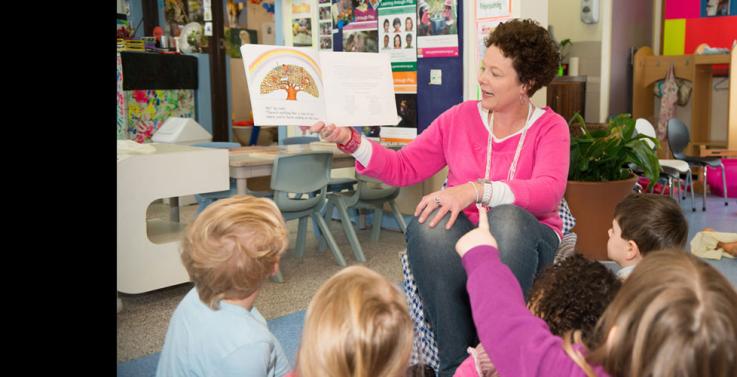
A Victoria University researcher says many teachers do not acknowledge their own emotions in the classroom, with potentially harmful results.
College of Education PhD candidate Jean Hopman said nearly one-in-three Australian teachers suffer burnout within their first five years, often because they are overwhelmed by the new feelings they encounter in the classroom.
Teachers can experience a range of emotionally-charged situations during the school day, when they feel – but are not expected to express – anger, frustration, anxiety, powerlessness, and even fear, she said.
“A teacher may be dealing with disruptive behaviour one moment and responding to a crying child who says they are stupid and can’t do something the next,” she said.
Ironically, in Australia’s ‘whole child’ approach to education, teachers are expected to recognise the emotional needs of their students, but minimise or avoid their own feelings at all costs, she said.
Jean’s research shows teachers benefit from regular opportunities to reflect on classroom incidents, such as facilitated debriefings or feedback sessions with peers or mentors that go beyond informal staff-room chats.
Unless teachers begin to recognise the risk to their own health and wellbeing of not managing the ‘emotional workload’ that arises from their day-to-day activities, the profession’s high burnout rate will never improve, she said.
A more comprehensive article on this topic was published on The Conversation.
